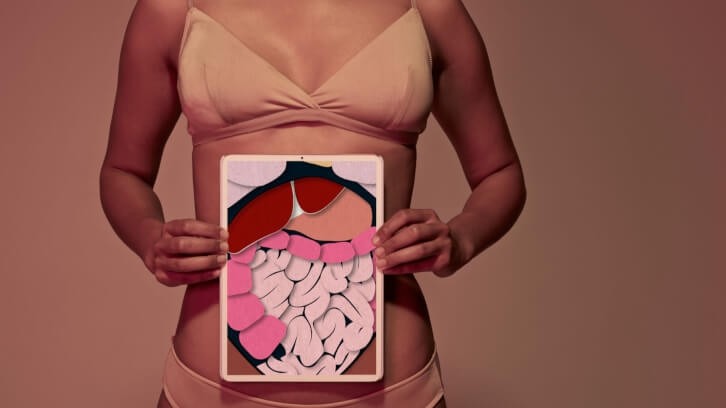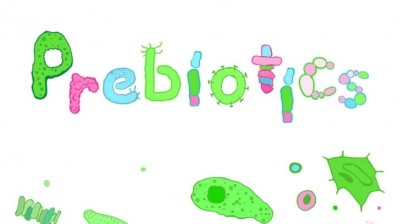A new supplementation approach to modulate the gut microbiome

In a study published in Nutrients and supported by the U.S. Defense Health Program, researchers evaluated polyphenol (PP) and fiber (FB) blends both separately and in combination, showing that an additive positive impact occurred with PPFB combination rather than with the blends independently.
The process, which used an in vitro model of the large intestine, also led to the creation for a limited time of beneficial metabolites like short-chain fatty acids (SCFAs) through the fermentation of dietary fiber and proteins by gut bacteria. There were more significant changes in total SCFA production in the supplemented blends as compared to those at the individual SCFA level.
“There is substantial interest to develop dietary strategies that can modulate the gut microbiota by encouraging the growth of beneficial taxa and to produce metabolites,” the researchers wrote. “The work represents a new supplementation approach of employing tailored blends, rather than individual constituents, for microbiome modulation toward healthy gut states to build resiliency towards gut microbial-derived dysbiosis that may be associated with inflammatory conditions.”
Call to action
Despite continued interest in creating dietary strategies to improve health through gut microbiota alteration, most studies are centered on what the researchers describe as individual polyphenol classes and fiber constituents.
Additionally, studies examining the impact that fruits, vegetables and whole grains have on influencing the gut microbiota do not often distinguish between the specific kind of fiber or polyphenols sourced.
“Focused studies understanding how specific blends of polyphenol and fibers, from varying dietary sources, impact bacteria diversity and metabolite production are limited, and a strategic rationale for the combination of polyphenols and fibers requires additional research to understand the potential for combinatorial effects on gut health,” the researchers noted. “This is of relevance in situations where whole-food consumption is not always practical such as in a military operational setting.”
Study details
The scientists collected fecal samples through a prior study of 30 healthy adults between the ages of 18 to 62 who were not obese and were participating in a randomized controlled trial exploring how consuming a military food rations diet impacted the gut microbiota. Participants were given a dose of 2 g polyphenol and 30 g fiber daily for the study period.
The PP blend contained blueberry, cranberry, green tea and cocoa powders/extracts “providing a diverse range of polyphenol structures that have been shown to positively impact gut states, in particular antioxidant capacity,” the researchers wrote.
As for the FB blend, its components had a diversity of fiber structures that could positively impact gut microbiota composition and function by stimulating SCFAs and favorable bacterial taxa. The FB blend carried high-amylose maize starch and two prebiotic substrates, galacto-oligosaccharides (GOS) and oligofructose-enriched inulin. This offered varied polysaccharide types and lengths.
“An in vitro model capable of simulating the physiological conditions of the ascending domain of the large intestine was employed to provide a broad experimental capacity,” the researchers noted. “This allowed us to study community dynamics and rates of metabolite production as a function of dietary supplementation in a systematic manner to understand blend-specific effects on gut microbial dynamics.”
A qPCR was used to determine changes in microbial composition in eight targeted beneficial taxa after polyphenol and fiber supplementation. The result was an increase in Bifidobacterium spp., Lactobacillus spp. and Ruminococcus bromii concentrations and decreases in indole and ammonia concentrations. Supplementation did not impact antioxidant production.
The researchers wrote that “although a synergistic effect was not evident in this study, the additive outcomes of supplementing with both PP and FB suggest that further studies should be considered for microbiome dietary interventions to build toward a healthy, resilient gut microbiome.”
Source: Nutrients
doi: 10.3390/nu16081159
"In Vitro Fermentations Shows Polyphenol and Fiber Blends Have an Additive Beneficial Effect on Gut Microbiota States"
Authors: Jordan A. Whitman et al.














